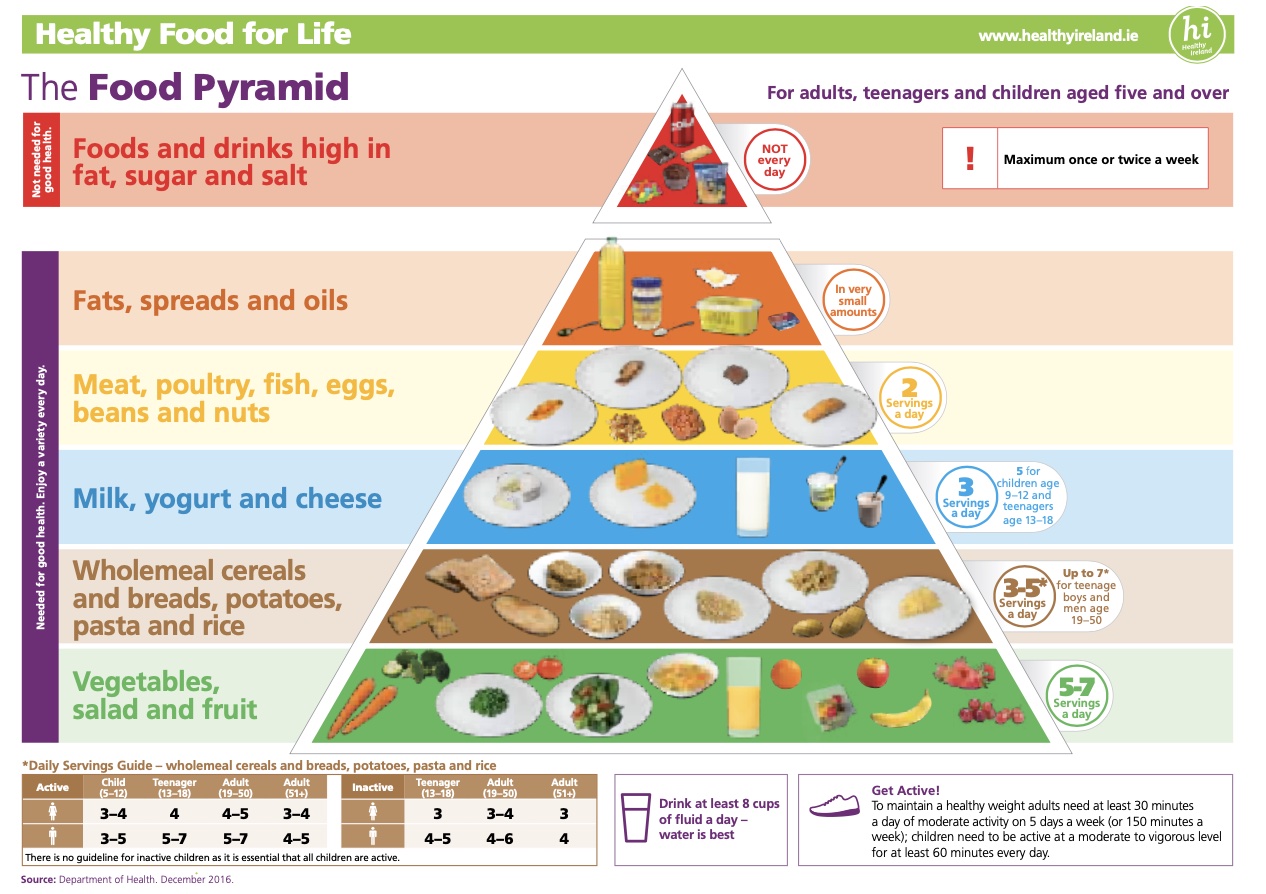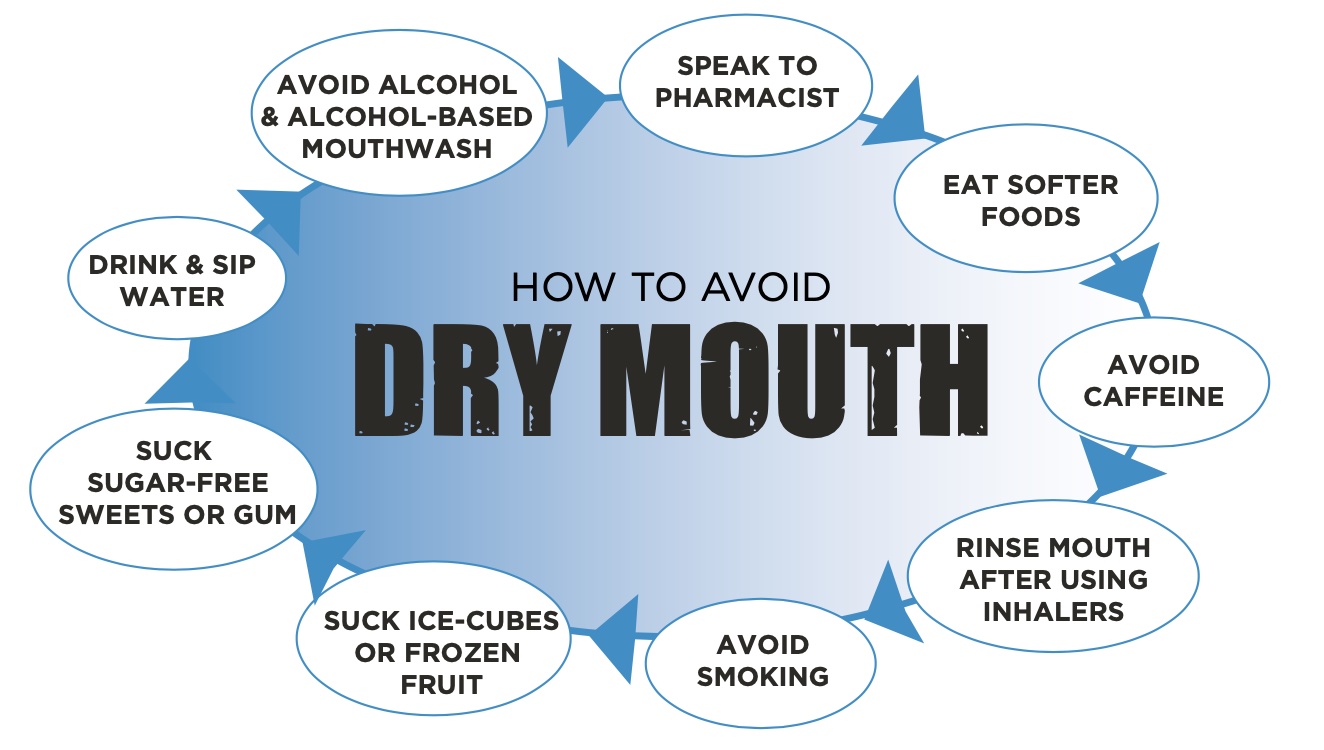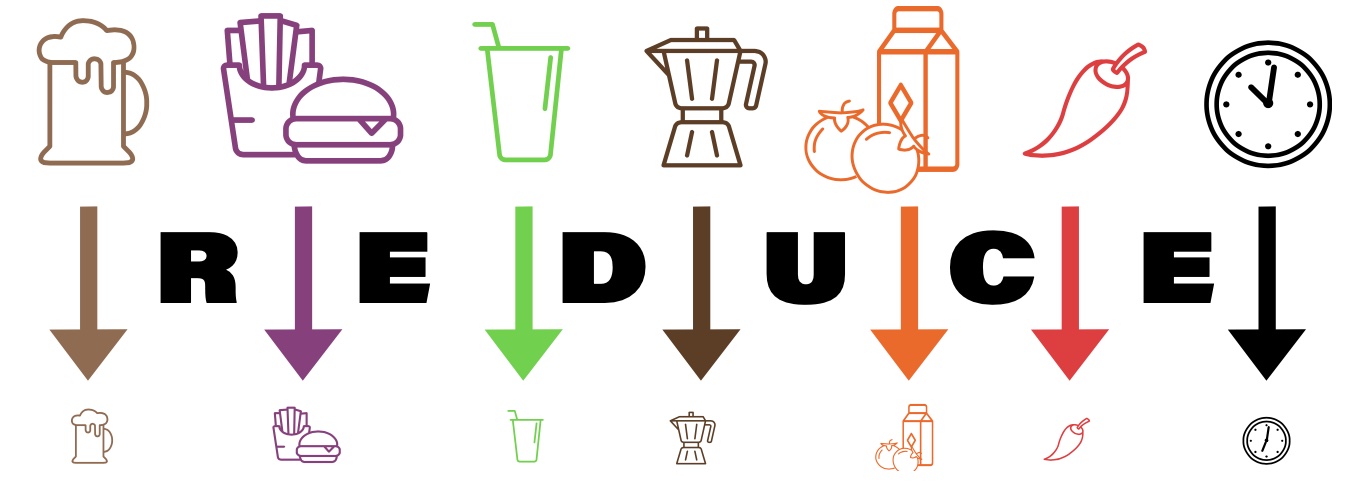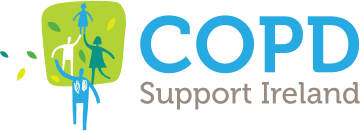Why does nutrition matter when I have COPD?
Food and Nutrition play an important role in the management of COPD. It won’t cure COPD but the right food can help you feel better, make your body stronger and help to fight infections.
Good food and nutrition can:
- Provide the energy your body needs to breathe.
- Promote a strong immune system to help you prevent and fight infections.
- Help you reach a healthy weight.
What can I do?
We use the food pyramid to make a daily food plan. This is a good way to ensure you are getting the nutrients your body needs. Variety is important as different food groups contain different nutrients.

- Vegetables, salad and fruit contain antioxidants, which fight harmful free radicals and can help support your immune system.
- Cereals, breads, potatoes, pasta and rice provide valuable energy to our bodies.
- Milk, yoghurt and cheese products contain calcium, which is essential for healthy bones. This is especially important if you take steroids as they increase bone loss.
- Meat, poultry, fish, eggs, beans and nuts contain protein which is important to build and maintain muscle.
- Fats, spreads and oils are high in energy and provide vitamins, such as vitamin D which we need to absorb calcium.
- Confectionary for example: cakes, crisps, fizzy drinks provide very little nutrition other than sugar, fat and empty calories.
I’ve lost weight without trying, what can I do?
Many people with COPD can experience a poor appetite. It is very common to feel
full more quickly and you can be put off by certain foods. When you have COPD your body needs extra energy just to breathe and even more energy to fight an infection. This means you might lose weight without trying. Losing lots of weight quickly without trying can put your body at risk of malnutrition and can make you feel weaker and more tired.
If you have lost more than 3kg or half a stone in the last 6 months you should discuss this with your doctor who may refer you to your local dietician. If you are unable to get all the nutrition you need through food and drinks, oral nutritional supplements may be useful.
Here are some tips which may help a poor appetite:
- Eat little and often: choose smaller meals and snacks.
- Try to eat something, no matter how small, at every mealtime.
- Avoid drinking for a half hour before and during meals as this can make you feel fuller more quickly.
- Try to eat a protein food twice daily e.g. cheese, meat, chicken, fish, eggs, beans, pulses or nuts.
- Fruit and vegetables can be filling and low in calories, when your appetite is poor don’t fill up on these foods too much.
- Add extra butter, cream or cheese to foods, this increases the calories but not portion size.
- Try to have a pint of full fat milk each day – milk is great by itself or used to make a white coffee, hot chocolate or other milky drink.
- If the energy it takes to prepare food and drink makes you short of breath choose items that are quick and easy to prepare such as ready meals, tinned and frozen foods.
- If you smoke try to avoid it just before meal times as this can reduce your appetite even more.
What if I’m trying to lose weight?
You may find it’s more difficult to manage your weight when you have COPD. If you are very overweight your heart and lungs have to work harder to supply oxygen to the body, which can limit your ability to carry out everyday activities.
It can be more difficult to manage your weight for lots of reasons. You may be less active than you used to be. Some medications may affect your weight also.
Steroids are important medications in managing COPD. They decrease inflammation in the airways, making breathing easier, but they can also increase your appetite, making it more difficult to watch your weight.
Here are some tips to help you lose weight or reduce weight gain:
- Write down or think about why you want to lose weight, this helps motivation.
- Don’t skip meals; you’re less likely to overeat if you have regular meals.
- Keep a diary; keep track of what you eat and drink, your weight or physical activity.
- Keep foods on the top shelf of the food pyramid to a treat, rather than every day.
- Fill up on fruit and vegetables: they’re low in calories and high in important nutrients.
- Watch your portion sizes: most of us eat too much.
If you would like support to lose weight you should discuss this with your doctor who may refer you to your local dietician.
Other issues which may affect your food and nutrition
Dry mouth
You may find your mouth feels very dry. Oxygen treatment, some inhalers and breathing through your mouth can all cause a dry mouth. Having a dry mouth can make food less appealing and make it more difficult to chew and swallow food. Your sense of taste may change also. Here are a few tips which may help:

Bloating and trapped wind
Many people who are breathless gulp air when eating which can cause bloating. If this is something you experience it may help to:
- Eat smaller meals more often.
- Ensure you are sitting upright at mealtimes in a relaxed environment.
- Take your time, smaller bites and try not to eat on the move.
- Try not to have too many fizzy drinks or chew chewing gum.
- Peppermint tea or peppermint cordial may help with bloating and trapped wind.
Reflux or Indigestion
When you have COPD you are more likely to develop oesophageal reflux. It is caused by acid from the stomach leaking up into the food pipe (oesophagus), causing you pain.
If you are very overweight losing weight has been shown to help to reduce reflux. Avoiding lying down too soon after eating may also help your reflux.
Some people, not everyone, find that reducing the following may also help with symptoms:

It’s important to only exclude food and drink which have an impact on your symptoms.
Constipation
Many people with COPD will experience constipation at one time or another. This can result in you feeling sluggish, uncomfortable and can reduce your appetite. It is important to discuss this with your healthcare professional. If this is something you experience it may help to:
- Stay hydrated and aim for at least 6 – 8 cups of fluid per day, drinks such as water, tea, coffee, milk and juice all count.
- Choose the brown wholemeal options wherever possible such as bread, cereals, pasta or rice.
- Add seeds or bran to foods to add extra fibre.
What can I do?
- Eating a variety of foods in the portions that suit you best is a good place to start.
- Ask your healthcare professional to refer you to a dietician if you are concerned about any of the issues covered in this booklet or require further advice.
For further information on nutrition please visit the HSE website: Healthy Eating Guidelines and Resources – HSE.ie
